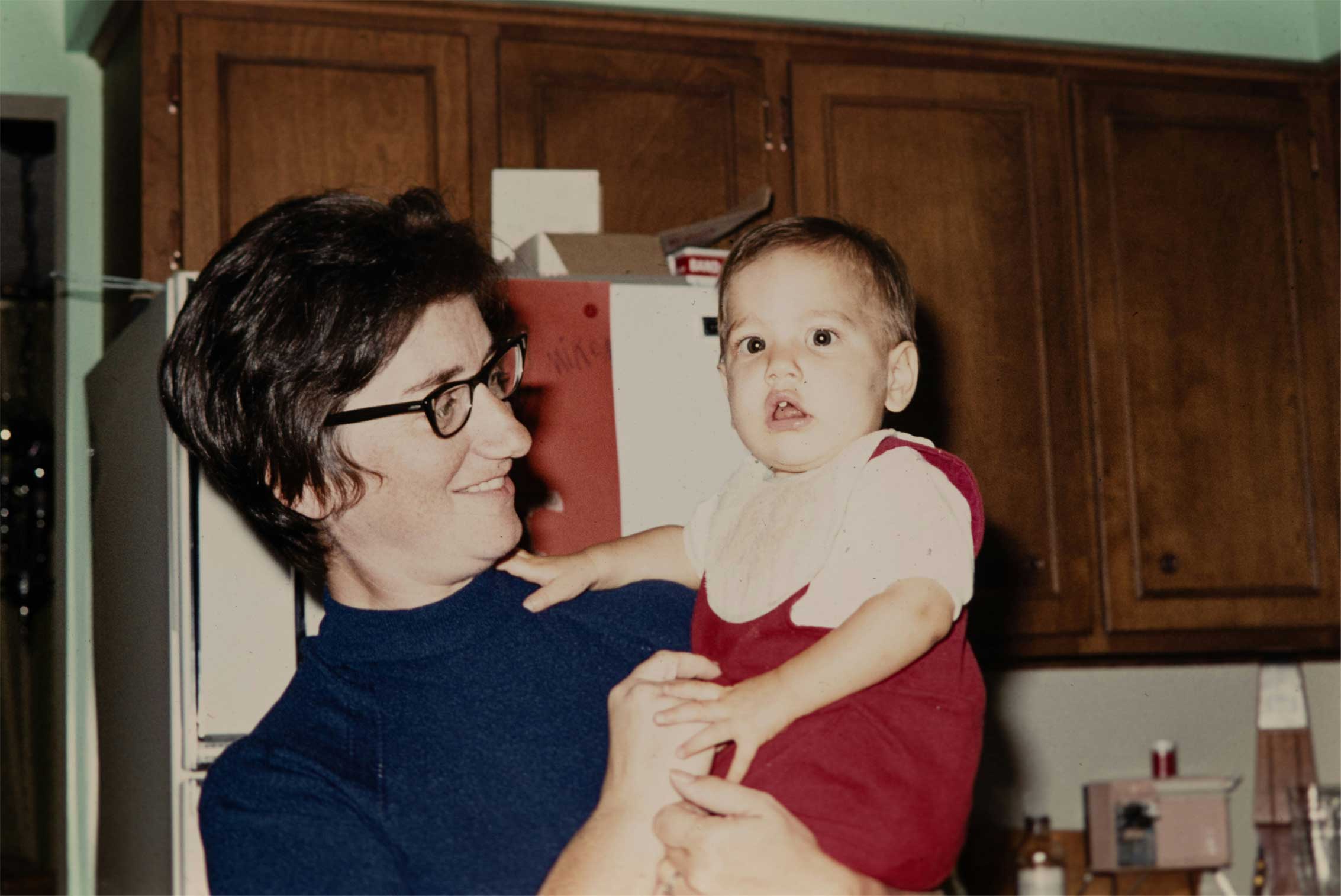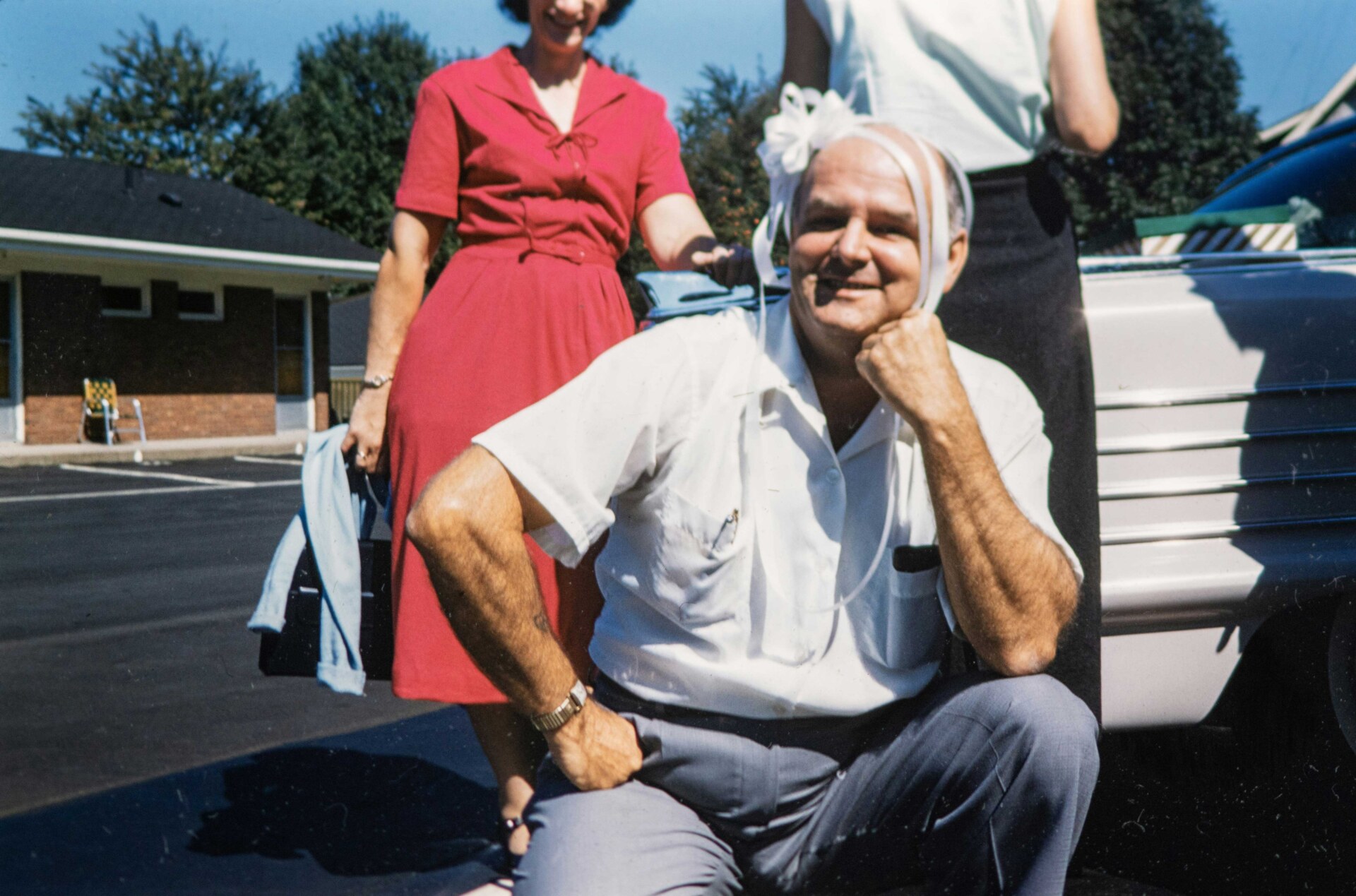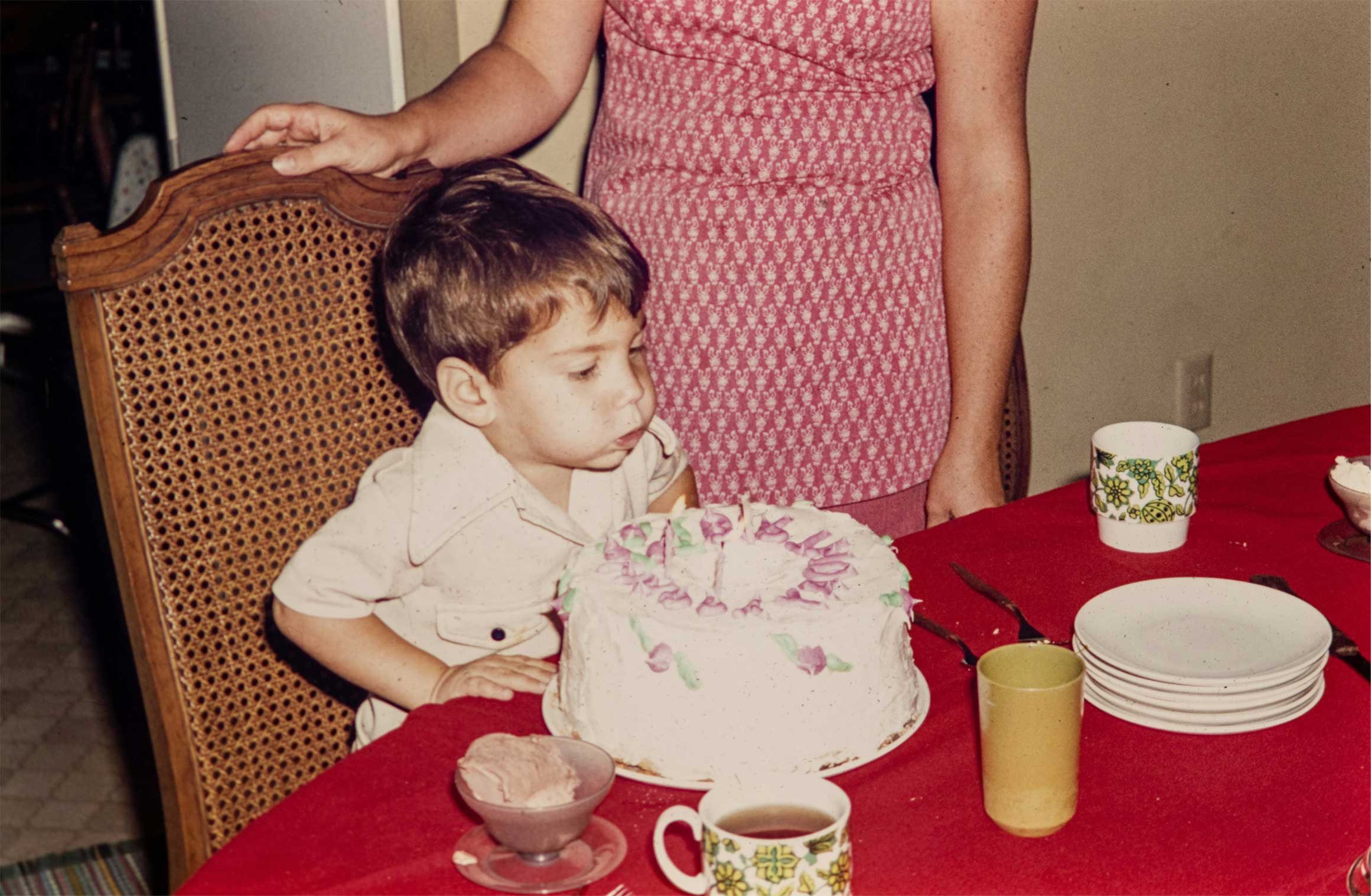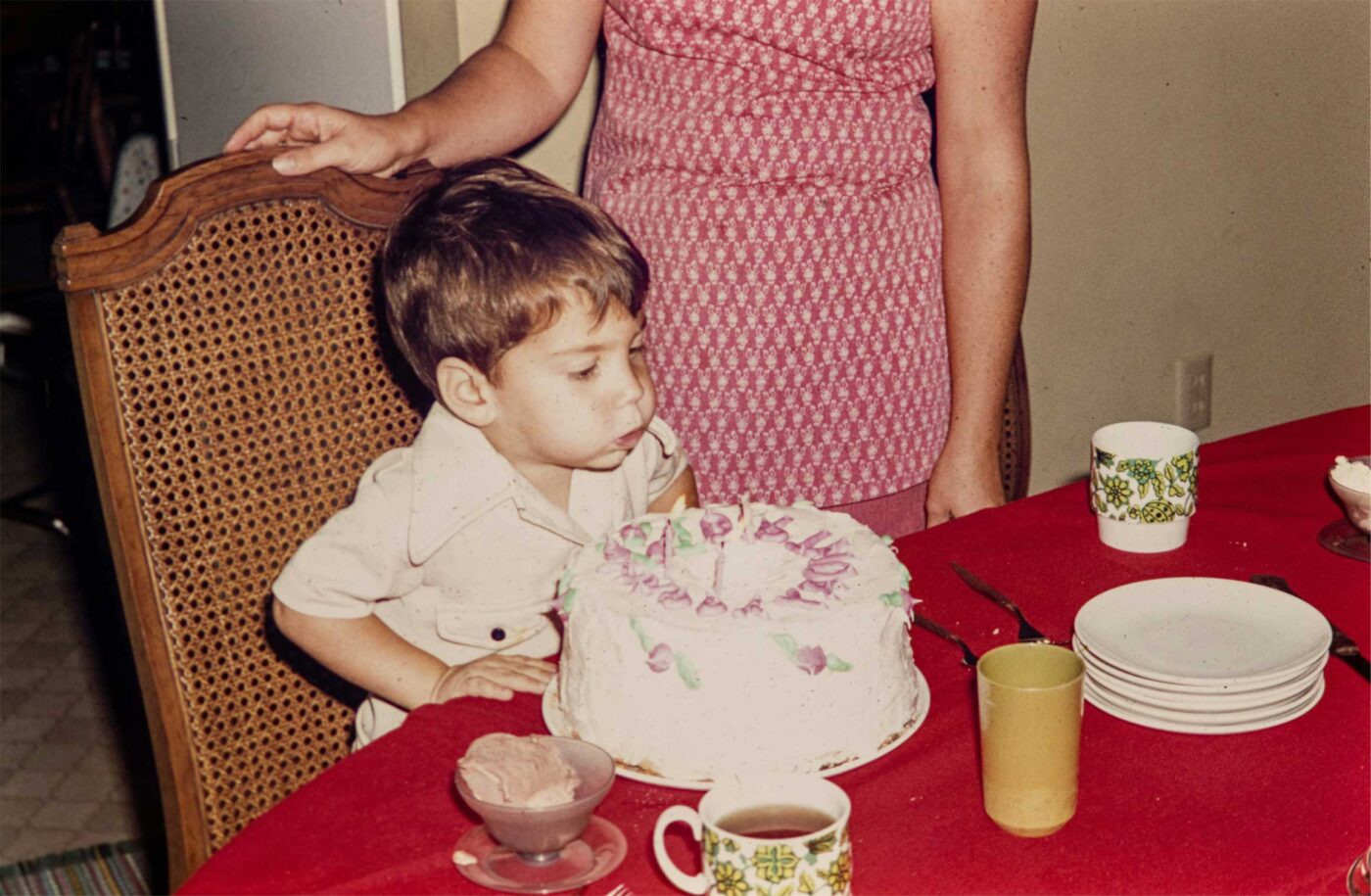I grew up in a relatively large family, by English standards. My father was one of seven siblings, so when we got together, for birthdays, Christenings, or weddings, things tended to get raucous. Amongst the merriment, there was much name-calling and mockery, as is common amongst the British with our sarcastic sense of humor. And one of the punchlines that I remember the most clearly was about my cousin, Joseph. Because despite being in his 30s–a grand old age to me, at the time–he still lived at home with my auntie and uncle.
Joseph’s residential status was very much unusual for the 1990s: the economy was booming and more young people than ever were moving out to go to university or live in houseshares in the big cities. I can’t remember now if he had ever left home, and boomeranged back, but what I do know is that he was living there long past what was considered “normal” in England. Yet it would not have been so strange had we been living in Italy, which has long had one of the highest numbers of children living with their parents into young adulthood in Europe (it is trumped only by Croatia, in fact).

Respect for your elders as a cornerstone of Italian culture is well-known. Indeed, it’s why so many “mammone” or “mama’s boys” continue to live at home, under the protective wing of their mothers and discipline of their fathers. Historically, too, young adults remained at home until marriage, with the Catholic Church strongly against living in so-called “sin”. While the power of the church might have waned in recent decades, an amalgamation of other socio-political crises have conspired to keep young Italians in the family domicile, from the pandemic to the cost of living, high youth unemployment (24.7%) to a lowering birth rate, with the end result being that almost 70% of the 18-34 age group still living at home in 2022, compared to just 22% in the UK. Unlike some of its European neighbors, there is less government support for those in unemployment, and more spent on benefits and pensions for the older generation, and as a result, altruistic parents are called upon to support their offspring.
It seems perhaps unfair then that the tide of public opinion has turned so dramatically against these men in recent years (there are fractionally less women still living at home–66% compared to 72% of men). It all began in 2007, when the former politician Tommaso Padoa-Schioppa sarcastically referred to them in parliament as “bamboccioni”, or “big babies”, a derisive term derived from the word, “bamboccio”, which means baby-faced. Since then, there has been much debate in both the media and politics about the role of these “bamboccioni”, with laws posited that would see them turfed out of the house if they don’t pay their fair share. Indeed, there was a court case in October, 2023, as a 75-year-old Pavia woman successfully evicted her two 40-something sons from her home as they were not contributing to her household bills despite frequent requests. Conversely, there have also been multiple cases of adult children taking their parents to court to ask for an allowance, which have sometimes been granted–in 2016, a father in Modena was ordered to continue paying for his 28-year-old son’s university education, despite being financially unstable himself.
Yet this doesn’t tell the whole story. According to statistics published in 2018, the majority of young adults living at home were students (81%), as the number of people continuing into tertiary education has increased. Then there are those who are employed but living at home (40%). The cost of living crisis and the unaffordability of rented housing is a factor here, as well as the difficulty of getting onto the housing ladder, but why else might these bamboccioni still be living at home?

One reason is care-giving, with many adults living with their parents in order to look after them. Yet to play devil’s advocate, it has also been suggested that Italian parents stand to gain from the situation, with some going so far as to say that they coerce their children into staying home for longer in order to control their children’s behavior, as well as to know exactly what they are getting up to. After all, it avoids any unnecessary worrying, for which Italian mothers are certainly known.
Pierluigi, 38, says there are undoubtedly pros and cons to the set-up. “On the one hand, my shirts are cleaned and ironed and I eat like a king, but on the other, every morning at breakfast is like sitting with a CIA agent who already knows all of your movements from the night before.”
I’m a “bambocciona” myself, so the vitriol does sting a little. At the end of 2022, aged 35, I moved back home with my mother, bringing my then two-month-old daughter with me. It’s not a situation that I chose, but rather one that was forced upon me, after my long-term partner broke up with me shortly after the birth of our daughter. With few options and no one to turn to, I had little choice but to pack up my life in London and retreat to my hometown of Sutton Coldfield. No amount of state support would have enabled us to continue living alone in the capital. Yet that doesn’t stop me from feeling an acute sense of shame when explaining the situation to people. Were I Italian, there would not have been this social embarrassment–while it’s a political flashpoint, the numbers show it’s far from unusual. Federica, 34, is a fellow single mother who moved back home, from Glasgow to her native Rome. “Even though we are struggling financially, it was the right decision,” her mother, Stella, says. “In fact, I will move to Scotland with Federica and my granddaughter, Margot, when the time comes.”
Despite these feelings of self-consciousness, I consider myself lucky, as I have discovered many positives from living with a parent in my thirties–as no doubt other bamboccioni do (and there are increasing numbers of us in the UK thanks to the cost of living crisis and soaring house prices). Not only do I get to enjoy a closer relationship with my mother, who I rarely saw when I was living in a different city, but I also get to see her daily interactions with her granddaughter, which is a true blessing. Indeed, it is the source of much envy amongst her friends, who would love to spend as much time with their own grandchildren. My mother was living alone for the past decade, so while of course there have been teething issues as we get used to living together, she has commented on how nice it is to eat proper meals again (dinner before was a thrown together bacon sarnie or beans on toast, there being no reason to stretch herself for just her nourishment) and enriching adult conversation. I can help her with daily tasks that might otherwise be difficult, including endless technology requests, and there’s a sense of safety in having a younger person at home, too.
Indeed, recent studies have shown that there are multiple benefits to multi-generational households–both with your own family or with housemates. Many report an enhanced quality of life, with the older generation living for longer as a result–it literally keeps them young. Could it be that no one is taking advantage of anyone, but rather that it is a symbiotic relationship of give and take that stands to benefit all? In the most honest and honorable of scenarios, I’d like to think so.





